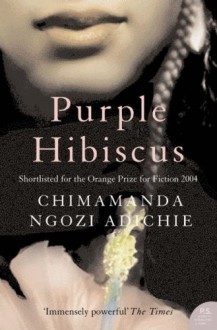
Ok. Anne is my favourite Brontë now, hands down. Her social commentary was decades before the times opinions and all around relevant still (sadly for the most part).
There is nothing over the top or sensational here. There is a lot of spousal abuse and neglect going around, but the fact that it's not violently brutal is like the last cherry in a way. We have this mentality that abuse is really abuse only if it surpasses a certain level (good God, that sentence gives me the creeps), and this book spits in that (in a very lady like way) and calls it for what it is: unsustainable and inexcusable. There are several instances where different men try spout a variety of rationalizations, shifting of the blame or deferred promises of change. They are all classics and shudder inducing because... well, because they not only try to fool the women, but fool themselves. They actually believe they are not that bad.
"Not that bad" could actually be some kind of abusive anthem. One that this books seems to have taken arms to pulverize, and my kudos to it.
The other thing that is done marvelously is the depiction of how precarious the abused one's position is. Even beyond the context of the restrictions of the times. As the neglect started, and I could envision it getting worse, I had this terrible anxiety over how dependent these women are. It was nerve-wreaking, and it had a point: after accepting it is not right, that pride is not worth bearing it, that there are reasons to escape (oh, and there is another interesting bit: that she can not do it for herself, but raises the courage to protect her son), you need help. This is perfect. So well done, and again, so forward thinking. That one is something that still escapes many when judging an abused spouse.
Character wise, I had some issues with Helen's over-piety, but I get where that fits too: here is this paragon of virtue; she leaves her husband. In a time where that was terrible disgrace, maybe excused but not pardoned for the height of brutality, it threw in the face of everyone reading that a woman so estranged may very well be in the right. Besides, I imagine she might have the need to rely even more on religion and found solace there under her circumstances. I thought her judgmental and dismissive of others counsel too, but that works too, because not only brings her to her marriage, but carries her through it, with both proclivities magnified I imagine.
Gilbert sounded so painfully young to me the whole book. I don't quite feel the romance there, except to imagine that to her he is ultimately so harmless. Which... OK, I totally get.
Beyond the overarching theme, there a lot of things addressed to provoke thought, if all the bits I quoted as I progressed didn't make it obvious, so it's really a book to own, and savour, and take a pencil to (I'm such a savage).


 Log in with Facebook
Log in with Facebook 











